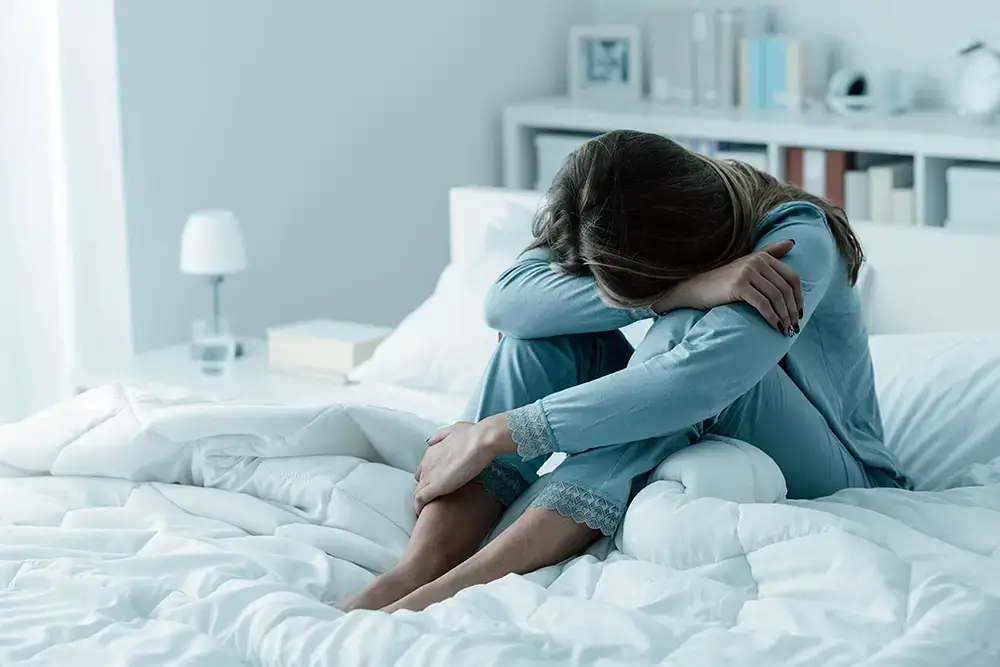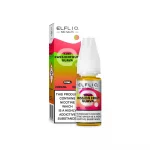In recent years, vaping has become increasingly popular as an alternative to traditional tobacco smoking. While much attention has been given to its potential health effects and efficacy in smoking cessation, less explored is its relationship with sleep quality. In this detailed blog post, we delve into the complex interplay between vaping habits and sleep patterns.
First, we’ll examine the physiological effects of nicotine and other compounds found in e-liquids on the body’s circadian rhythms and sleep architecture. Nicotine, a stimulant, has been shown to disrupt sleep onset and continuity, leading to poorer sleep quality and increased sleep disturbances. However, the impact of vaping on sleep may extend beyond nicotine alone, as other constituents in e-liquids, such as propylene glycol and flavorings, could also influence sleep patterns through various mechanisms.
Next, we’ll explore the behavioral aspects of vaping and its potential effects on sleep hygiene. Vaping, like smoking, often becomes ingrained in individuals’ daily routines and rituals, with many reaching for their vape devices before bedtime. The act of vaping itself may serve as a cue for wakefulness, making it difficult to wind down and prepare for sleep effectively. Additionally, the blue light emitted by vape devices and the engaging nature of vaping could further disrupt sleep onset by suppressing melatonin production and promoting alertness.
Furthermore, we’ll discuss the role of vaping-related factors, such as nicotine dependence and withdrawal symptoms, in sleep disturbances. Nicotine dependence can lead to cravings during the night, prompting vapers to wake up and vape to relieve withdrawal symptoms, thereby disrupting sleep continuity. Additionally, the use of high-nicotine e-liquids or chain vaping before bedtime may exacerbate these effects.
Despite these potential negative impacts, some vapers report using vaping as a relaxation tool to unwind before sleep. We’ll explore the subjective experiences of vapers regarding the effects of vaping on sleep and discuss individual differences in responsiveness to vaping stimuli.
Finally, we’ll offer practical tips and strategies for vapers who are concerned about their sleep quality. These may include establishing a vaping curfew, creating a relaxing bedtime routine, and minimizing nicotine exposure before sleep. We’ll also highlight the importance of maintaining good sleep hygiene practices, such as maintaining a consistent sleep schedule and optimizing the sleep environment.
By the end of this blog post, readers will have a better understanding of the complex relationship between vaping and sleep quality. Whether you’re a vaper curious about how your vaping habits may affect your sleep or someone considering vaping as a smoking cessation aid, this comprehensive exploration will provide valuable insights into this intriguing topic.





